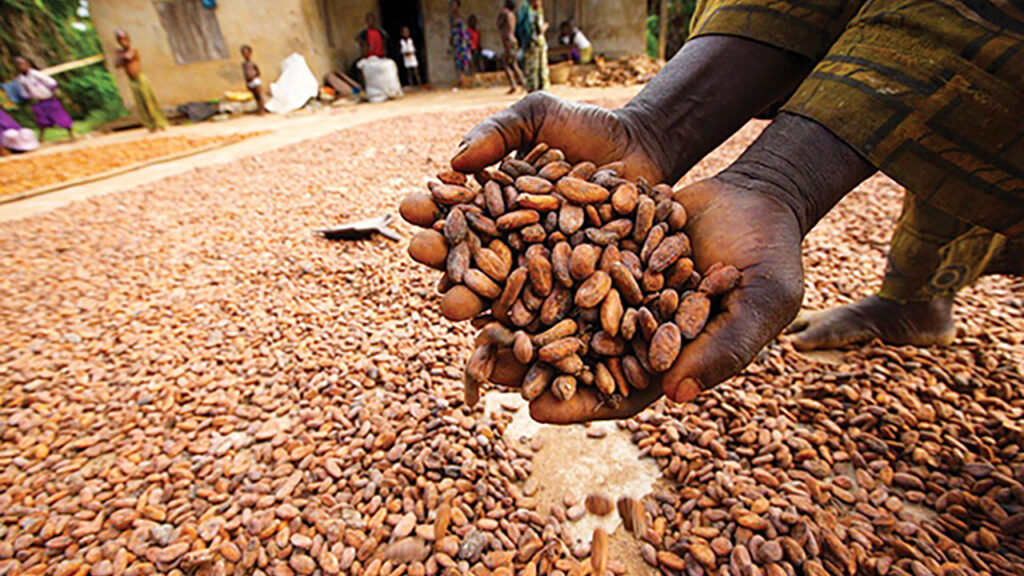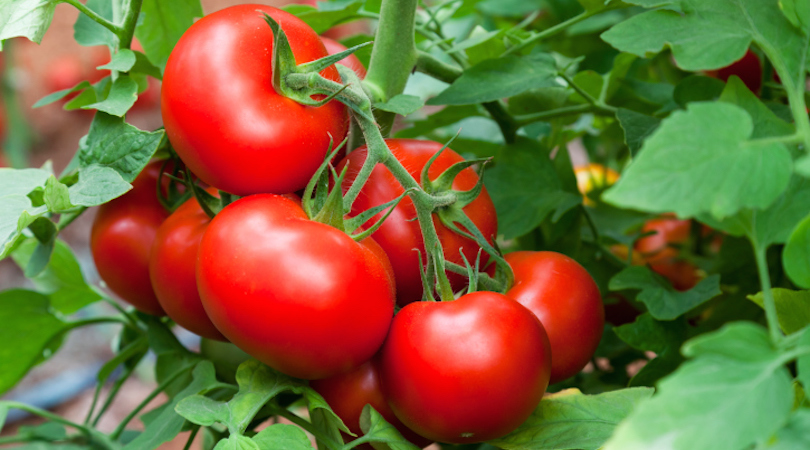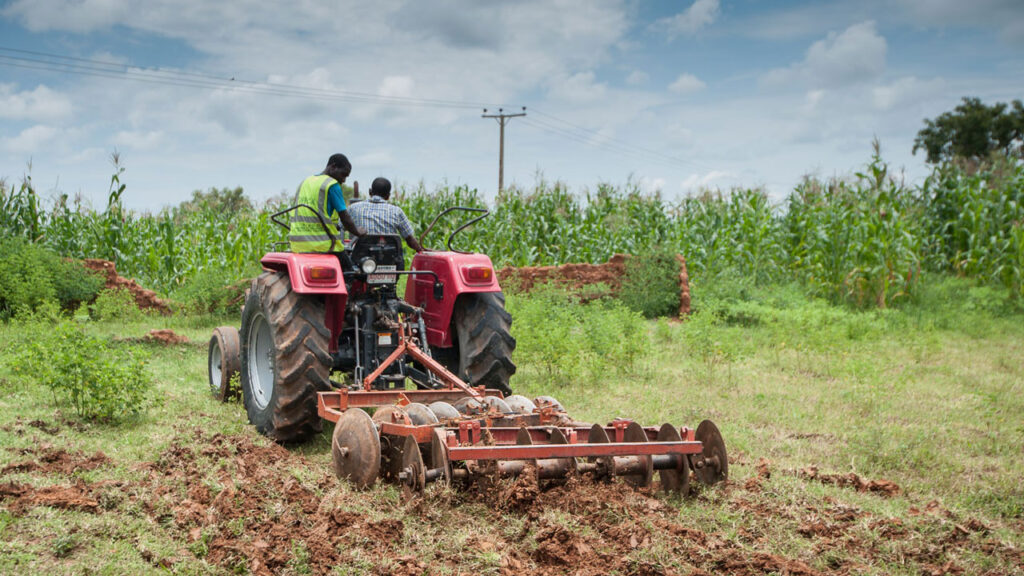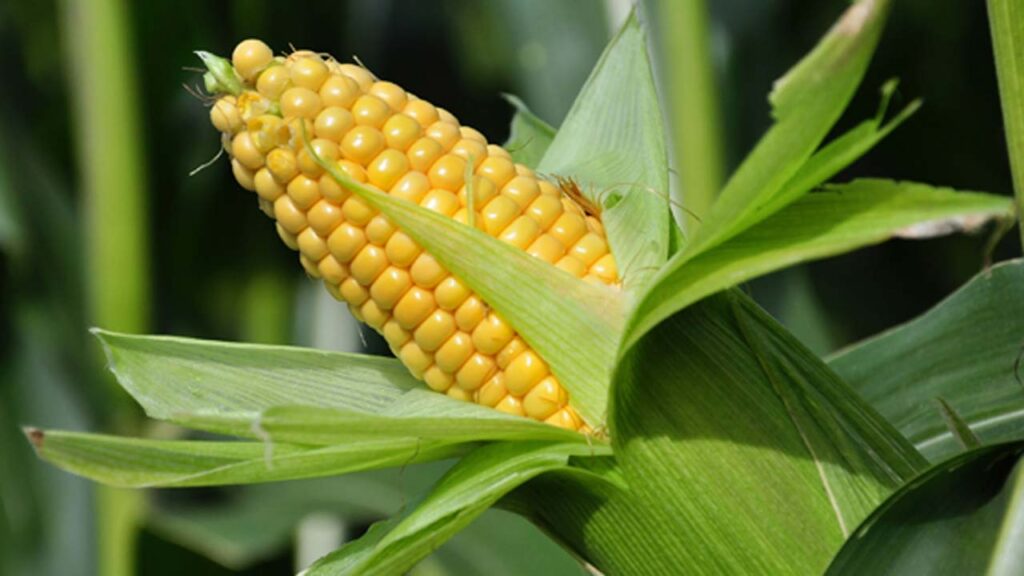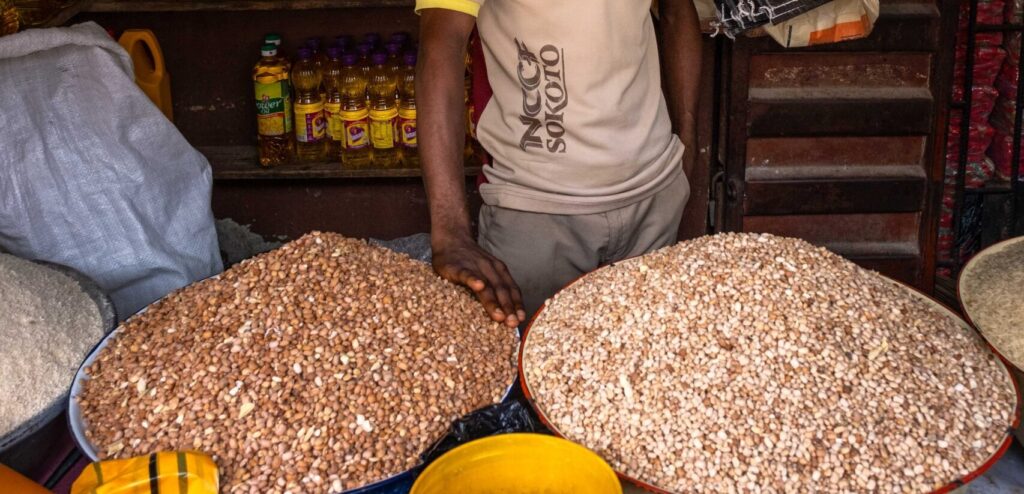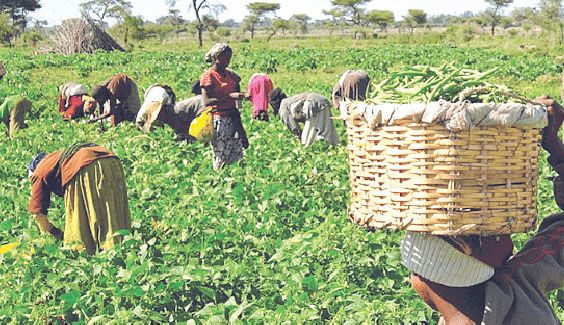 If fully explored, Kola has economic benefits for circular economy that can contribute to sustainable economic models and poverty reduction strategies in Nigeria and the African continent at large.
If fully explored, Kola has economic benefits for circular economy that can contribute to sustainable economic models and poverty reduction strategies in Nigeria and the African continent at large.
This was part of the resolutions made at the first International Conference on Kola Plants, where stakeholders highlighted the need for governmental support and regulation to enhance exploitation of kola resources and to capitalise on research opportunities effectively, noting that kolanut and its relatives are very valuable beyond mere eating as stimulants.
Held at the Ladoke Akintola University of Technology (LAUTECH), Ogbomoso, Oyo State, the conference (hybrid and physical), was organised by the LAUTECH Nanotechnology Research Group (NANO+) and the Pan Africana Strategic and Policy Research Group (PANAFSTRAG), Lagos.
With the theme: “The treasure beyond consumption: exploring kola for sustainable development,” the conference drew experts from different disciplines – sciences, agriculture, engineering, arts and medicine, and the participation of scholars with more than 40 abstracts presented from different institutions, agencies of government and the private sector drawn from Nigeria, Cote d’Ivoire, Saudi Arabia, Ghana, UK and USA.
In a communiqué jointly signed by the Head of Research Group, Prof. Agbeje Lateef and Chairman, Local Organising Committee, Prof. M.A. Azeez, the participants advocated the need to conduct research from multiple perspectives to deepen understanding and broaden applications of kola was advocated.
“This will address issues on kola breeding and utilisation on which research efforts are at low-ebb. These may involve adoption of techniques in molecular biology, bioinformatics, AI, nanotechnology and smart agriculture.
“There is need for the creation of a research hub on kola to showcase and disseminate research outcomes related to kola in West Africa sub-region. There is need for continued awareness of the potentials of kola plants.”
The stakeholders acknowledged the potential risks associated with innovation and ensuring that research and promotion efforts on kola are conducted thoughtfully and responsibly for the public good, noting that there is need for urgent attention from relevant government bodies to enhance exploitation of kola resources and to capitalise on research opportunities effectively.
“There is need for the conservation of the germplasm of cultivated and wild species of kola plants was stressed. As it is being witnessed in many developing countries, creation of programme in herbal medicine in Nigerian University System is very essential.”
Declaring the conference opened, the acting Vice-Chancellor of LAUTECH, Prof. Razaq O. Rom Kalilu, praised the efforts of the research group to further explore the treasure in kola plants at a time when Nigeria was looking for diversification of her economy.
In his welcome address, the Head of the group and convener of the conference, Prof. Lateef noted that while Nigeria contributes up to 55 per cent of world’s production of kolanut, the country was not extracting enough economic benefits from the plant and its other relatives.
He highlighted the efforts of his research group in utilising different parts of kola for research in biotechnology and nanotechnology in more than a decade, adding that it was his commentary on these investigations that motivated PANAFSTRAG for collaboration to discuss issues surrounding cultivation and exploitation of kola plants at a conference.
The co-convener of the conference and the Executive Secretary of PANAFSTRAG, Major General Ishola Williams (Rtd), who lauded the convener and his team for the partnership that witnessed the first international conference on kola plants in the world, canvassed for research activities in the ivory towers for the public good.
In his goodwill message, the Dean, Faculty of Pure and Applied Sciences at LAUTECH, Prof. Adepoju T. Joseph Ogunkule, identified with the research group for its continuous efforts at organising conferences on topical issues of national and global interests.
Similarly, Dr. Ruth Holly of the Wellcome Collections, UK was delighted in her message to the conference, noting the importance of kolanut as an article of trade in West Africa. She retorted that the world needs to know more about kolanut.
The keynote speaker, Prof. Omotoye Olorode of the Odoje Biodiversity Centre, Odoje-Orile, Ogbomoso presented perspectives on kolanut, tracing its origin, variation, cultivation and myriads of utilisation that transcends herbal medicine, industrial use, cultural and religious belief.
He posited that to remove the toga of orphan plant from kolanut, more research efforts should be geared towards developing new high-yielding varieties and expanding its commercial usefulness in creating new products for sustainable development.


